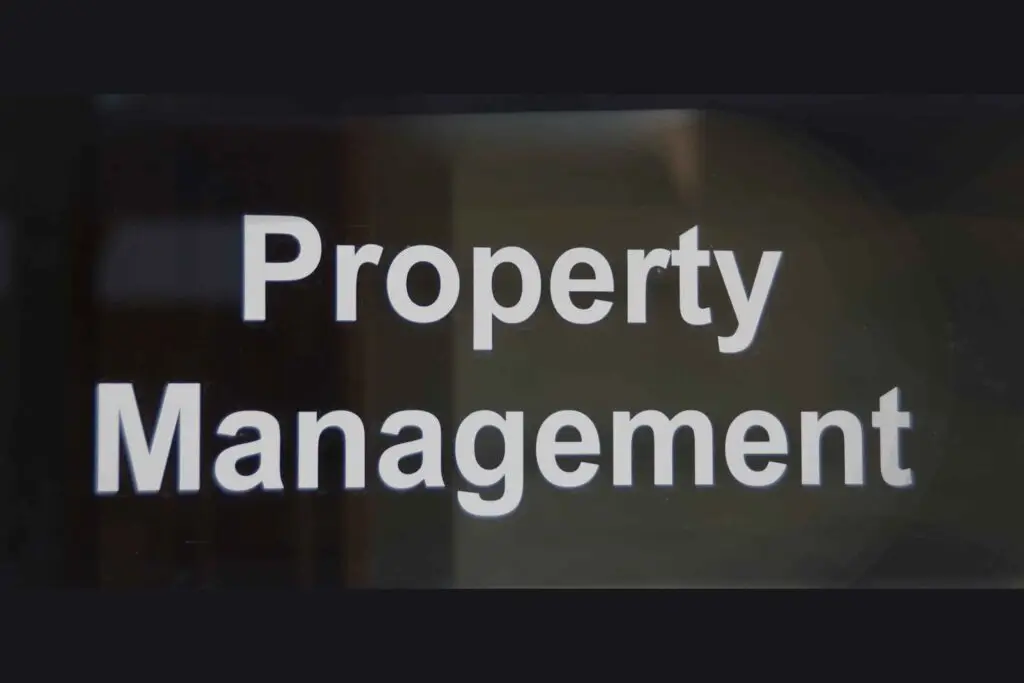Real estate investors who are progressive, always look for innovative ways to maximize their earnings in the ever-changing world of real estate investment. The Massive Return Strategy-1, which leverages estate joint ventures has garnered significant attention in recent years as one such strategy. This enables investors and developers to partner with individuals in various capacities and enhance their return on investment.
In this article, we will delve into the intricacies of real estate joint ventures and focus on one type of partner, i.e. the lender, who not only supplies the capital required for the acquisition, development, or improvement of the property but also shares in the profits. To know how a lender fits into a strong real estate investment strategy, read on.
Gaining Insight into Massive Return Strategy 1
Massive Return Strategy 1 (MRS1) is an approach to real estate investing that emphasizes collaborative teamwork through joint ventures. It revolves around the concept that combining the talents and resources of partners can yield exponential returns that surpass what a sole investor could achieve independently.
The essence of MRS1 lies in engaging stakeholders and bringing out their unique contributions to the project. Within this framework, lenders play a very important role by offering deeds of trust, also known as participating notes, and sharing gains generated from the investment.

The Lender Partner- A Vital Figure
The lender partner plays a role in assisting MRS1 with the purchase and development of real estate properties. They contribute in two ways:
- By providing financial assistance through a deed of trust
- By sharing the profits of the investment
Deed of Trust
Real estate investors provide a deed of trust to the lender. A deed of trust is a legal document that safeguards the property as collateral for the loan. This arrangement offers protection to both parties involved. If the investor fails to repay the loan the lending partner may initiate foreclosure proceedings on the property. The deed of trust ensures that lenders’ investment is secure and gives them a legal claim to the property.

Participation in Profits
Apart from the deed of trust, both parties sign a profit-sharing agreement as collateral of the investment. This means your lending partner will have the right to claim a share of the returns from the real estate investment. However, the profit share can be of different types- such as receiving a fixed percentage of profits sharing rental income or gaining a portion of the property with increased value upon sale. Participation in profits motivates both lenders and investors through shared interest and thus fosters their partnership.
Benefits of Having A Lending Partner In MRS1 For Real Estate Investors
Access to Funding
Collaborating with a lender allows investors to access the necessary capital for purchasing and developing real estate. This is particularly beneficial for investors with financial resources who wish to diversify their holdings. The funding from a lender can cover various expenses, such as property acquisition costs, construction or renovation expenses, operating costs, and so on.
Risk Mitigation
By securing investments with a deed of trust both the lender and the investor minimize their risks of default or loss. The collateral ensures that the lender’s investment is protected while providing the investor with the funds to pursue potentially profitable opportunities.

Network
Lender partners often come with a network of professionals such as contractors, inspectors, and appraisers. Networking is an invaluable asset in the real estate market as it helps make solid investment strategies and manage projects more efficiently.
Profit Sharing
The profit-sharing aspect of the partnership aligns both parties’ interests. Encourages a collaborative approach to real estate ventures. Both the investor and lending partner enjoy financial benefits from the endeavor.

Case Study: Enhancing Returns through Collaboration, with a Lending Partner
To illustrate the benefits of Massive Return Strategy 1 combined with a lending partner, let’s think from the perspective of a real estate investor.

Let’s think of an investor seeking to acquire a unit residential building that offers significant restoration opportunities, but lacks the means to purchase or renovate the same. To make the investment happen, the investor partners with a lender, who contributes 50% of the required funds and grants a deed of trust for the property. Over a span of two years, the investor successfully revamps the property and increases its value. Subsequently, the property is sold at a profit. As part of their profit-sharing agreement, the lender receives 20% of the property’s value in addition to the initial loan amount and interest.

Conclusion
Massive Return Strategy 1 offers investors an approach to maximize profits through real estate joint ventures. By engaging lender partners who offer deeds of trust and a share in profits, investors can optimize returns on their real estate investments more successfully. This collaborative real estate investment strategy allows them to leverage their partner’s financial resources, industry expertise, and risk mitigation advantages. It exemplifies how alliances, in the real estate sector can lead to financial achievements when investors and lending partners work together effectively.
A real estate investment strategy serves as a roadmap for achieving your financial goals, managing risks, and making informed decisions in the complex and dynamic world of real estate. Connect with our team of real estate experts to develop a strategy tailored to your unique circumstances and objectives. To book a consultation, click HERE.
Disclaimer
This article provides general information and is not legal advice. Consult a qualified attorney for advice regarding real estate transactions and LLC matters. Laws vary by jurisdiction, and information may become outdated. The author and publisher do not assume liability for any actions based on this article. No attorney-client relationship is created by reading this article. External links are for reference only; their content and actions are beyond our control.
LEARN TO INVEST WITH US.
We accept queries from accredited domestic and foreign investors seeking single and small multifamily investment opportunities.











